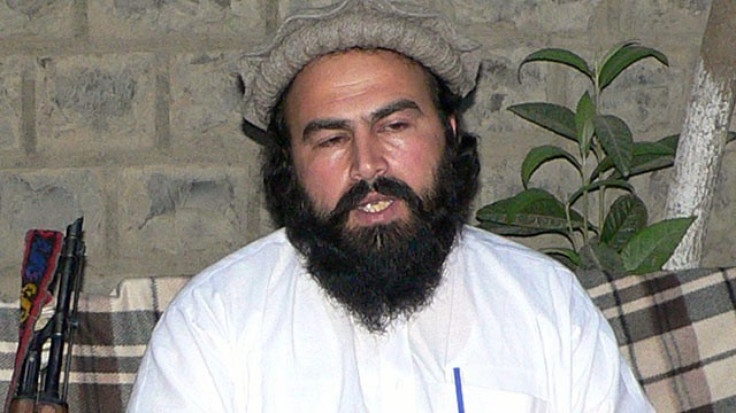Drone Attack Kills Pakistani Taliban's Deputy Leader

The Pakistani Taliban’s second-in-command Wali ur-Rehman and six other militants were killed in a U.S. drone strike Wednesday, a local tribal official and an intelligence official said, in the first such attack after U.S. President Barack Obama announced his new drone policy.
Rehman, believed to be in his early 40s, was sleeping in a guest house along with other militants in Chashma village in the town of Miranshah, when two missiles fired from a drone hit the building, Pakistani security officials, on condition of anonymity, told the Washington Post.
Miranshah, which lies in the country’s tribal northwest and borders Afghanistan is known to be a stronghold for Taliban and al-Qaida-linked militants. Local media reports from Pakistan said that three other senior militant leaders were also killed in the drone attack.
Rehman, a deputy of Pakistani Taliban’s leader Hakimullah Mehsud, was a long-sought after CIA target. The U.S. State Department had announced a $5 million bounty on his head in 2010. According to U.S. officials, Rehman was involved in the 2009 attacks that killed seven American intelligence officers at a CIA facility in Khost, Afghanistan.
The U.S. administration declined to confirm the drone strike or Rehman’s killing. But, White House Spokesman Jay Carney said Rehman was involved in terrorist attacks targeting the U.S., NATO and Pakistani soldiers, news reports said.
"While I am not in a position to confirm the reports of his death, it's important to note who this individual is," Carney said, adding that the President’s promise of greater transparency “does not mean that we would be able to discuss the details of every counter-terrorism operation," the Los Angeles Times reported.
On Thursday, Obama in a major speech on counter-terrorism policy defended the drone attacks as legal and said they saved lives. However, he also laid out new guidelines that are intended to limit or reduce their use and promised greater transparency.
Nonetheless, Wednesday’s drone attack may complicate already-fraught relations between the U.S. and Pakistan, as the Pakistan’s foreign ministry expressed “serious concerns” over the latest strike. It was also the first drone attack on Pakistani soil since general elections were held on May 11.
Pakistan is a key ally of the U.S. in fighting militancy in the region, but heavy civilian casualties from drone attacks in the country have led to massive protests and fueled anti-American sentiment among the local population.
Pakistan’s government and its political parties have urged the U.S. to end its deadly drone strikes. Nawaz Sharif, expected to take over as prime minister for a third term in early June, has expressed concerns over the ongoing use of U.S. drone strikes inside Pakistan’s territory.
Sharif, during his election campaign, had described the drone attacks as a “challenge” to the sovereignty of his country.
However, observers believe the death of Rehman, considered as Pakistani Taliban’s chief military strategist, will be a significant blow to the militant group that has been spearheading terrorist attacks in Pakistan from across the Afghanistan border.
According to news reports quoting local tribal leaders, Rehman was believed to have relatively moderate views and his death could make room for a more radical leader to take his place.
According to the Los Angeles Times report, citing Mahmood Shah, a retired Pakistani brigadier, Rehman’s death could spark factionalism in the Pakistani Taliban ranks, which owe allegiance to their own commanders and “may no longer stay very active in the command of Hakimullah Mahsud."
The militant group has killed hundreds of civilians and police forces in suicide bombings and other attacks in recent years.
© Copyright IBTimes 2024. All rights reserved.












